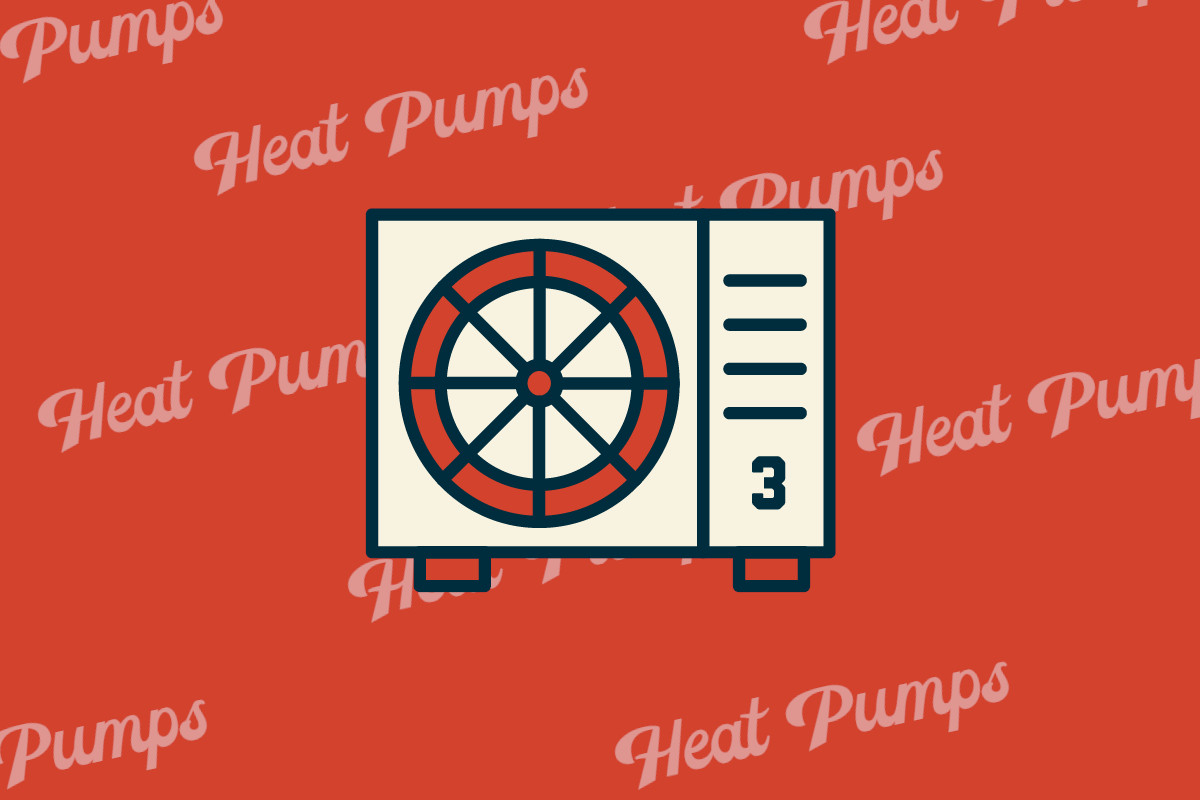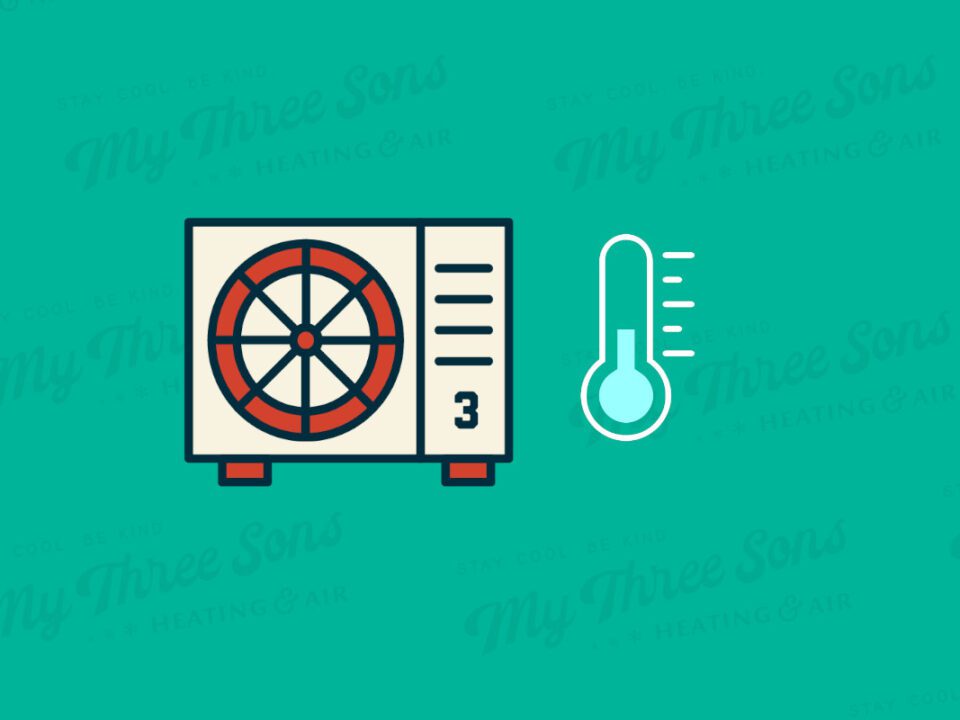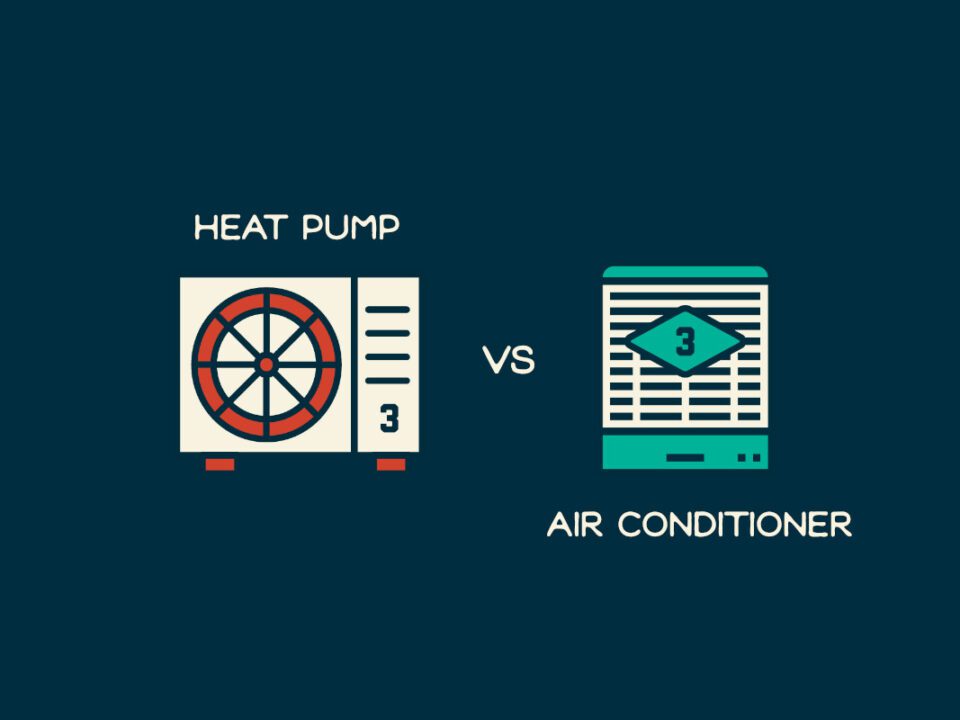A Brief, Simple Explanation Of Heat Pumps For Lowcountry Families
So your HVAC system has just gone out in the Lowcountry.
It’s hot, you’re hot and your family is hot.
You jump online and do a quick search for “ac installation in charleston sc” and pick a local HVAC contractor you happen to like in the Lowcountry.
You reach out to them and explain your very warm situation you and your family are experiencing.
They take in your information and one of the first questions they may ask you is:
“What kind of system do you have?”
For many homeowners this can be kind of a confusing question.
It’s not always easy to tell what kind of system you may have – either a heat pump or a traditional central air conditioning system.
This is not always easy to tell – I go into more detail in the previous post on the differences between a heat pump vs traditional air conditioning system, but I’ll offer a refresh below to help give a bit of clarity during the rundown.
What Is A Heat Pump (Vs A Traditional Air Conditioning System)?
In very simple terms, a heat pump system is a type of HVAC system that can both keep your home cool in the summer and warm your home during the winter.
This is obviously an advantage over a traditional air conditioning system, which is only useful during the heat of the summers we have here in the Lowcountry.
Knowing the difference isn’t always easy, but one clue would be if you have a standalone heating system, like a furnace.
Although it is possible to have a heating system along with a heat pump system, generally most homes will only have a heat pump system due to the year-round operational efficiency.
How Does A Heat Pump Work?
Heat pump operation can get extremely technical, but the idea is simple: it extracts heat from one area and moves it to another.
That may be overly simplified, but it’s the essence of how all heat pumps work.
During the summer, a heat pump absorbs the heat inside your home and pushes it outside.
During the winter, a heat pump absorbs the heat outside (yes, even in winter there is a small amount of heat outside) and moves it indoors.
As a comparison, traditional air conditioning units can only absorb the heat inside your home and move it outside – it can’t move it from outside to the inside of your home.
As mentioned above, the technical breakdown is a bit more advanced, but this is really an easy way to understand and remember how heat pumps function.
Heat Pump Limitations
As mentioned above, even in winter there is a small amount of heat present in the air, which allows a heat pump to absorb and return it back into your home.
However, when temperatures drop below a certain threshold you may experience a degraded heating experience.
The exact temperature can vary depending on the unit, but they’re typically in the extremes: it needs to be very, very cold for it to not work as effectively.
Why Are Heat Pumps Great For The Charleston Area?
Heat pumps are perfect for the Charleston area – and anywhere there’s a very warm, humid climate in general.
While it can get cold here in the Lowcountry, it’s rare that the temperatures dip below a heat pump’s effective range.
This means that having a standalone heat pump is a great fit for most homes here, offering an efficient way to stay cool in the summer and cozy in the winter.
For More Details Ask Your Local HVAC Contractor
If you’re interested in the more intricate details of heat pump operation, as always you can reach out to your local HVAC company.
Getting into the details of system operation and differences between models and types is what they do day in, day out.
They’ll be the best source of local information as well, as they can offer you insight into what’s working best in the area and even your neighborhood in some cases.
Having a functioning heat pump can be an important part of keeping your family comfortable in the Lowcountry, and after this brief rundown we hope you’re more equipped when the time comes to install your heat pump system in 2025.



